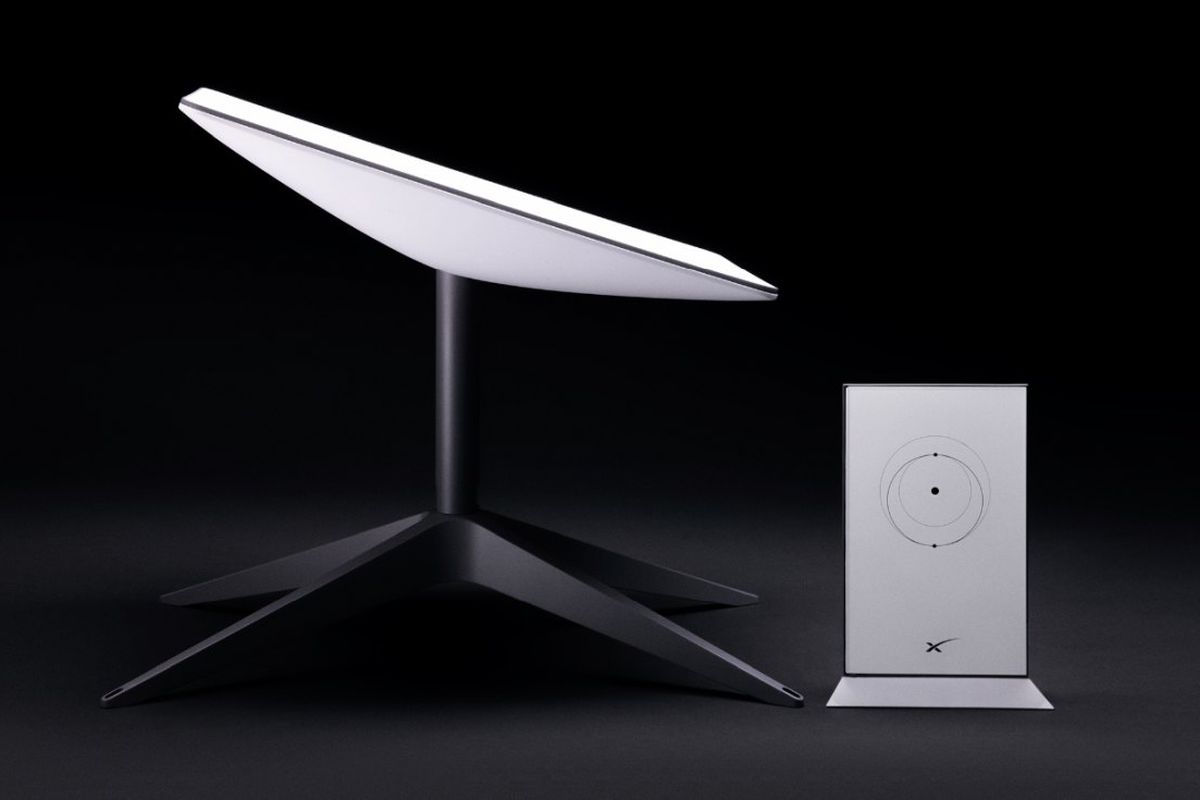
On the 1st of February, Nigeria became the 1st African country and the 47th country in the world to get Elon Musk’s Starlink internet service. Prior to this, Elon Musk tweeted about Starlink’s approval to launch in Nigeria—and Mozambique— seven months ago. On the Starlink, list are 20 other nations, including Zambia, Senegal, Morocco, and Angola, which are slated to launch in 2023, according to the service’s availability map. Uganda, Tunisia, Ghana, and Egypt are among the 16 countries slated for a 2024 release, while 18 other countries have yet to be confirmed launch dates.
What makes Starlink unique is its ability to use low Earth orbit to deliver broadband internet capable of supporting streaming, online gaming, video calls and more. Also, its capacity to penetrate rural and geographically isolated areas makes it stand out. According to the company, Starlink is the world’s first and largest constellation of thousands of satellites that orbit the planet much closer to Earth, at about 550km, and cover the entire globe. Because Starlink satellites are in a low orbit, latency is significantly lower—around 20 ms vs 600+ ms.

Many Nigerians have welcomed the entry of Starlink as a new rival to the nation’s internet service providers. Starlink will be offering speeds of 50–200Mbps, which is a significant improvement given that 5G in Nigeria struggles to reach 130Mbps. It’s quite exciting to consider that Starlink will offer higher internet speeds at reduced prices. Yet, there are a few misconceptions about the rollout of the extremely fast Starlink in Nigeria that need to be dispelled. They are
- Starlink is an outright competitor for mobile networks in Nigeria:
The company boast bandwidth of up to 230 MBPS— one which is significantly higher than those offered by any other mobile internet provider in Nigeria. The internet company isn’t yet directly competing with MTN, Airtel, GLO or other mobile networks.
This is to allow it to be tailored to a specific audience due to the Starlink hardware’s installation requirements and construction. Users must install a satellite dish in order to access the Starlink internet in Nigeria. As a result, unlike mobile networks like MTN and Airtel that offer internet access as long as you have your smartphone, SIM, and data in a network-covered area, Starlink only offers geo-located internet access.

- Starlink is cheaper compared to existing fibre optic internet providers in Nigeria
Well if you are unfamiliar with the cost of Starlink installation and subscriptions in Nigeria, this notion can be misleading. Hardware and setup fees total $274,098 ($595), with additional subscriptions costing $19,260 ($42) per month, this figure is extremely relative, especially considering the parallel dollar rate in the country.
The conversion above is based on the CBN’s rate of ₦460 – $1. However, to purchase the entire internet package, including the hardware and subscription, you will need a domiciliary account and a dollar card due to the restriction for dollar transactions on Naira cards.
Unless you maintain a dollar account and have no need to worry about the exchange rate, funding your domiciliary account with dollars will follow unofficial rates now valued at about 750 to $1. This means that the total cost of the first setup might be as high as 450,000 while for a subscription as opposed to 19,260, you pay 37,000 a month.
In terms of speed, Starlink may be more reliable compared to other fibre optic internet solutions available in Nigeria at the moment, but it is far more expensive, especially if you purchase and subscribe using rates from the parallel market. While other internet providers in Nigeria allow you to pay in naira, they are not as expensive as Starlinks.
- Starlink has come to liberate Nigerians from slow or terrible networks
At this time, Starlink does not specifically target regular Nigerian internet users. rather the target is the private bourgeoisie, enterprises, and tech enthusiasts that need extremely fast internet for their operations and can afford the installation charges in their facilities.
If cost is not an issue, Starlink may just be your go-to. As for the average Nigerian who only needs internet to simply browse social media sites and do routine internet activities you may want to consider sticking with your mobile internet or MIFI than a Starlink.
Discover more from TechBooky
Subscribe to get the latest posts sent to your email.






